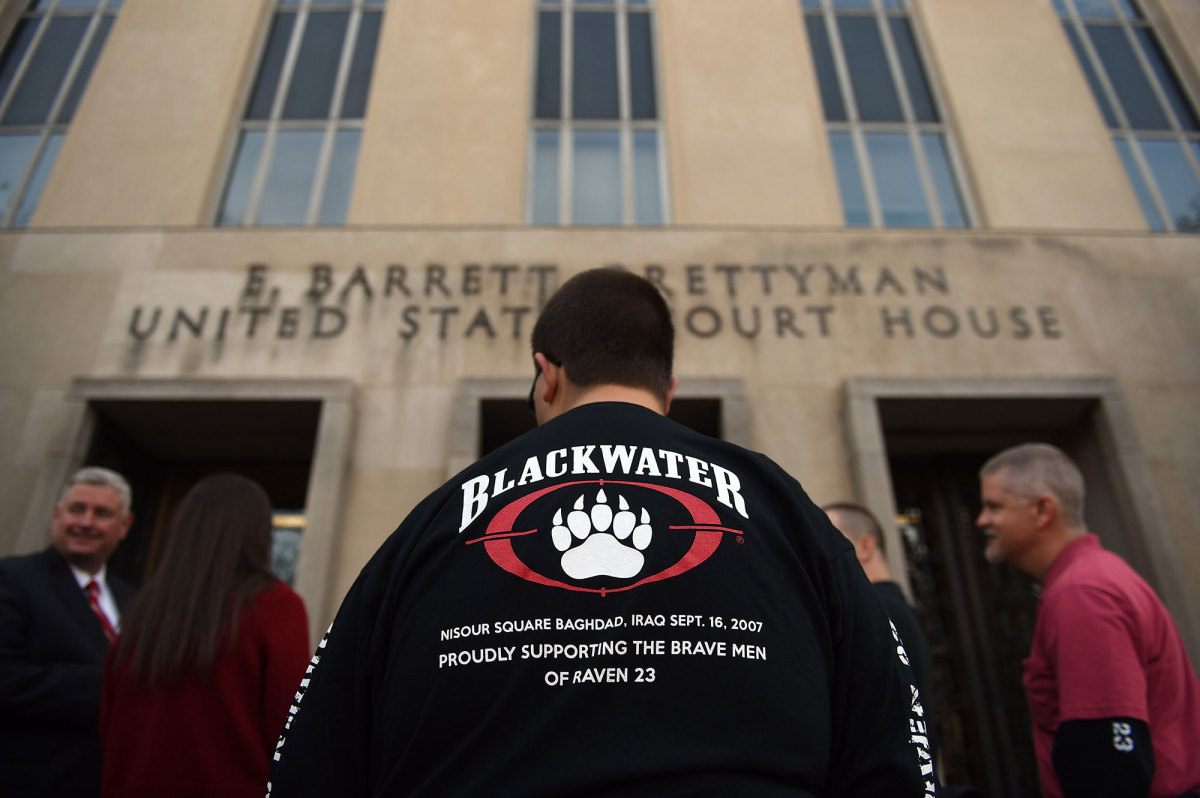In light of the Blackwater sentencings and the subcontracting of American war made necessary during those Administrations that attempt to fight ground wars on numerous fronts, Sean McFate, erstwhile mercenary, has penned a New York Times op-ed on the topic, trying to help unmuddle a welter of issues. He makes a salient point that contractors are often held to a higher standard than our actual military, the Blackwater lawlessness prosecuted far more vigorously than the Abu Ghraib abuses. And it’s an issue that resonates in many hot zones around the globe, as more embattled nations employ mercenary forces. The opening:
WASHINGTON — Ten years ago, I found myself in Burundi, sipping a Coke with the country’s president, the American ambassador and the president’s eight-year-old daughter. The president’s life was in danger, and the American government sent me in to keep him alive.
The Rwandan genocide had begun in 1994 after the presidents of Burundi and Rwanda were assassinated. In 2004, an extremist Hutu group planned on assassinating the new president of Burundi to reignite it. My job was to prevent this from happening.
I wasn’t a member of the C.I.A. or a covert military unit. I was a “contractor” (“mercenary” to some), working for a company called DynCorp International. This is increasingly how foreign policy is enacted today.
I’m proud of the work I did as a contractor in Africa, but my buddies from the U.S. Army’s 82nd Airborne Division, in which I had once served, scowled that I had “gone mercenary” and was lost to “the dark side.” A fellow graduate student at Harvard accused me of being “morally promiscuous.” Yet the work was similar to what I did in the military, and the pay and benefits weren’t that great, despite perceptions to the contrary.•
Tags: Sean McFate

